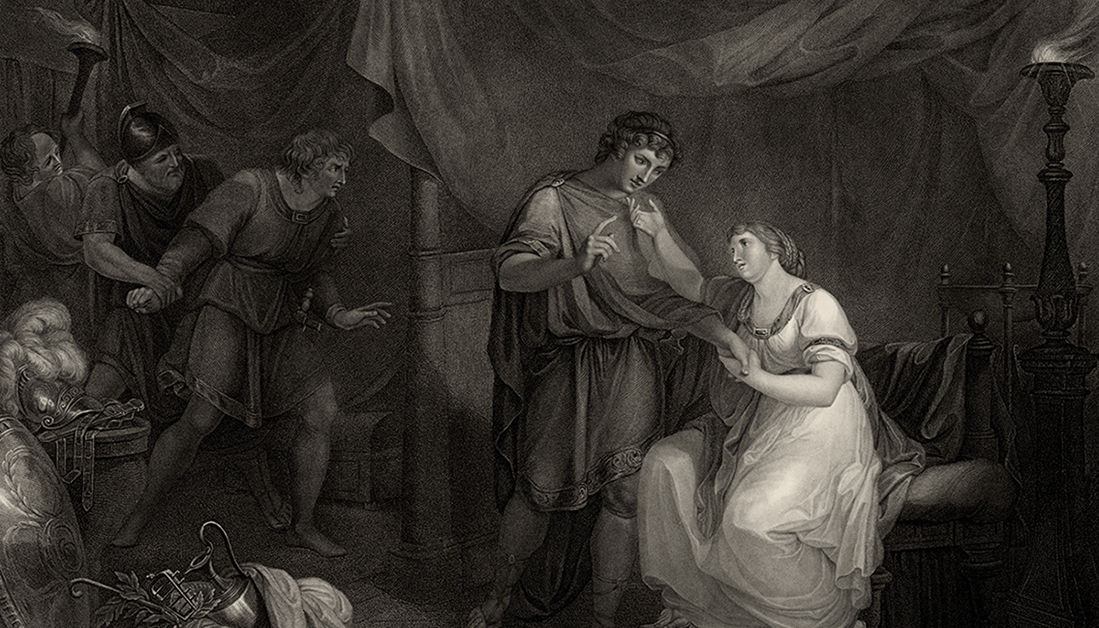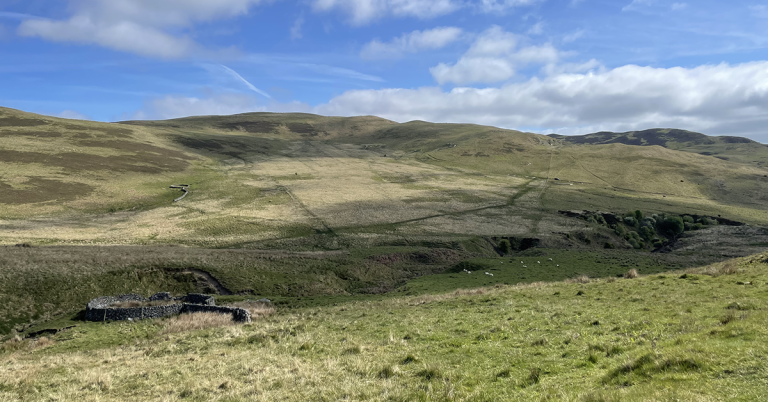
by Roberta Kwan
Tell us a bit about your book.
My book is about human knowing, or more precisely, humans as knowers. How can we know and be known? What prevents us from knowing? How should we know?
The book offers fresh readings of Shakespeare’s so-called ‘problem plays’: Hamlet, Troilus and Cressida, Measure for Measure and All’s Well that Ends Well. I hope that these readings will engage the book’s readers with big questions about how humans look at and make sense of ourselves, others and all things, and what our strivings to know tell us about the frustrations and possibilities of being human.
I explore these questions by drawing out the rather complex connections between the three parts of the title: Shakespeare, the Reformation and the Interpreting Self.
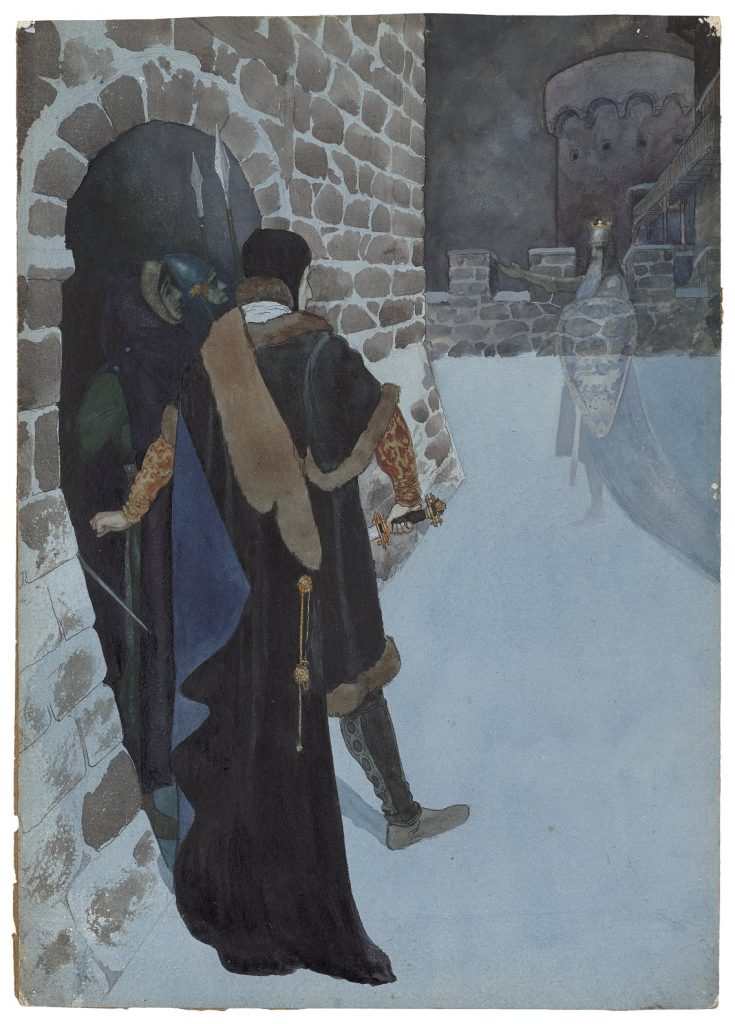
Attribution: STC ART 270651, image 153866, Folger Shakespeare Library.
Can you expand on these connections?
Sure. I’ll start with the last of the three terms. Several people have asked me what I mean by ‘interpreting self’. In essence, the phrase seeks to capture the modern (Western) assumptions that first, knowing is integral to being human and second, interpretation – the involvement of the self – is integral to knowing. We know through interpretation. The modern self is an interpreting self. Our fundamental need to understand the world as we experience it is inseparable from who we are and from our relation to the people and things we seek to understand.
Delving into the interpreting self is the stuff of the field of modern hermeneutics, headlined by the twentieth-century philosopher Hans-Georg Gadamer.
While Shakespeare lived in a much earlier era, it seems that his plays often foreground the question of what it means to be an interpreting self. Take, for instance, Hamlet, the burden he carries of trying to figure out if he can believe the ghost, and the countless debates Shakespeare’s play has animated about whether we can hold Hamlet to account for his uncertainty and subsequent inaction.
My book argues that we can gain some insight into our sense of Shakespeare’s relevance to our own circumstances and concerns by tracing the modern interpreting self described by Gadamer and his fellow philosophers back to one of its significant, albeit unexpected, sources. This is the configuration of selfhood that emerged from the theological preaching and writing of Martin Luther, Thomas Cranmer, John Calvin and many others behind the sixteenth-century Protestant Reformation.
The Reformation brought about much change in Shakespeare’s part of the world, including a reshaping of people’s relation to knowing. That’s not to say that we can neatly map today’s interpreting self onto the Reformers’ ideas. But investigating both the echoes and the differences sheds new light on Shakespeare’s plays and also, I suggest, our experiences as interpreting selves.
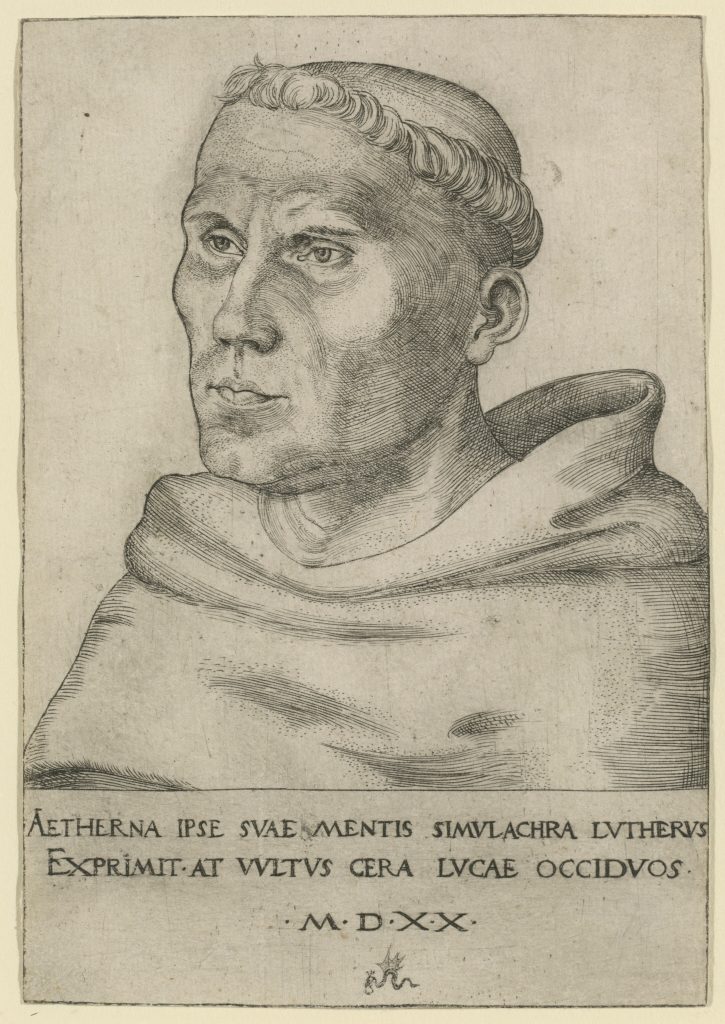
Attribution: Courtesy National Gallery of Art, Washington
What inspired you to research this area?
I feel that investigating how human beings go about making meaning in the world is a crucial undertaking for humanities researchers. Personally, I have long been interested in hermeneutics: in the personal and social and metaphysical factors at play when a person says, ‘I know’ or ‘This is the truth’ or ‘I’m right’; in self-knowledge, as well as the ways we delude ourselves about ourselves; and in why it’s so easy for individuals and groups to misinterpret one another.
As someone who researches in literary studies, I’m glad that I get to spend a lot of time analysing dramatic literature, particularly Shakespeare’s dramas. I love how Shakespeare involves his audience in the predicaments that he lands his characters in, how his use of language rewards close study of it, and so much more about his works. As mentioned, Shakespeare is especially apt for this project – hermeneutical dilemmas drive much of the action in his plays.
When I thought about Shakespeare alongside hermeneutics, I found that Shakespeare helped illuminate hermeneutics and vice versa. And the more I came to understand the Reformers’ contributions to our understanding of ourselves as interpreters of reality, the more I realised the relevance of their thinking to this pairing of hermeneutics and Shakespeare.
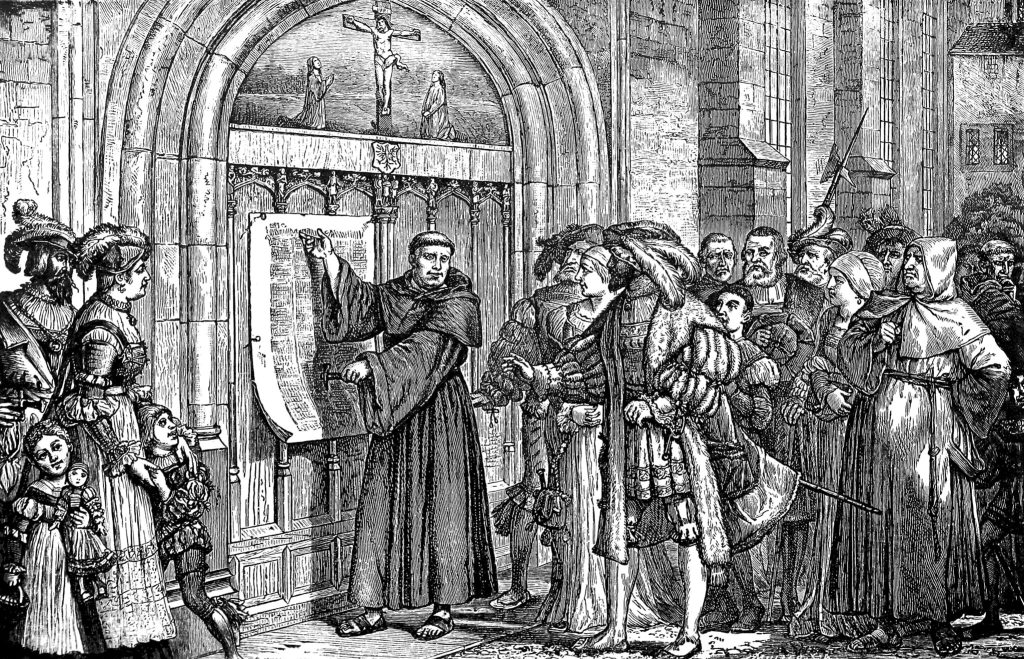
Attribution: ‘Luther’s protest against indulgences’ by Frank Zimmerman is licensed under CC Public Domain Mark 1.0. Photograph of image in Ellen G. White, The Great Controversy (1888).
What was the most exciting thing about this project for you?
I feel fortunate to have had the opportunity to read a number of fascinating dramatic, philosophical and theological texts, to wrestle with the ideas in these texts and with how they might (or might not) speak to one another, and to shape and sharpen my thinking through doing something I especially enjoy doing: writing.
Of course, all of this involved a lot of plain hard work over several years. Sending off the finished manuscript was also very exciting!
What’s next for you?
I’m putting together a new project on Shakespeare and ethics, with a focus on the figure of the neighbour. This feels like a logical next step for my research as ethics is a significant thread running through this current book. For the new project, I’m enjoying familiarising myself with some philosophical and theological writers who are relatively new to me – Simone Weil, for instance – and, of course, continuing to read Shakespeare and other playwrights of his time. I can’t imagine not enjoying doing the latter!
About the book
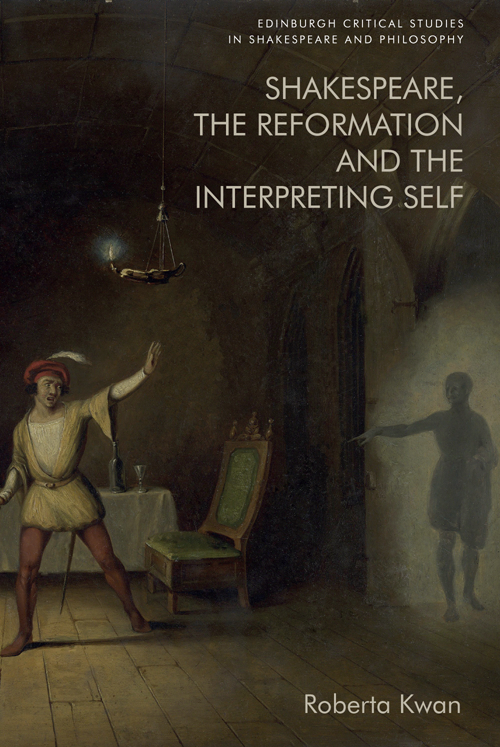
Get 30% off with discount code NEW30
Reconceptualises Shakespeare’s representations of selfhood by drawing on a long history of the interpreting self
This innovative study examines Shakespeare’s compelling dramatisations of the interpreting self through the lens of a hermeneutical tradition that spans culture-shaping early modern religious beliefs about human knowing and pivotal philosophical ideas of our age.
Don’t forget to sign up to our mailing list to keep up to date with all of our free content and latest releases!
About the author
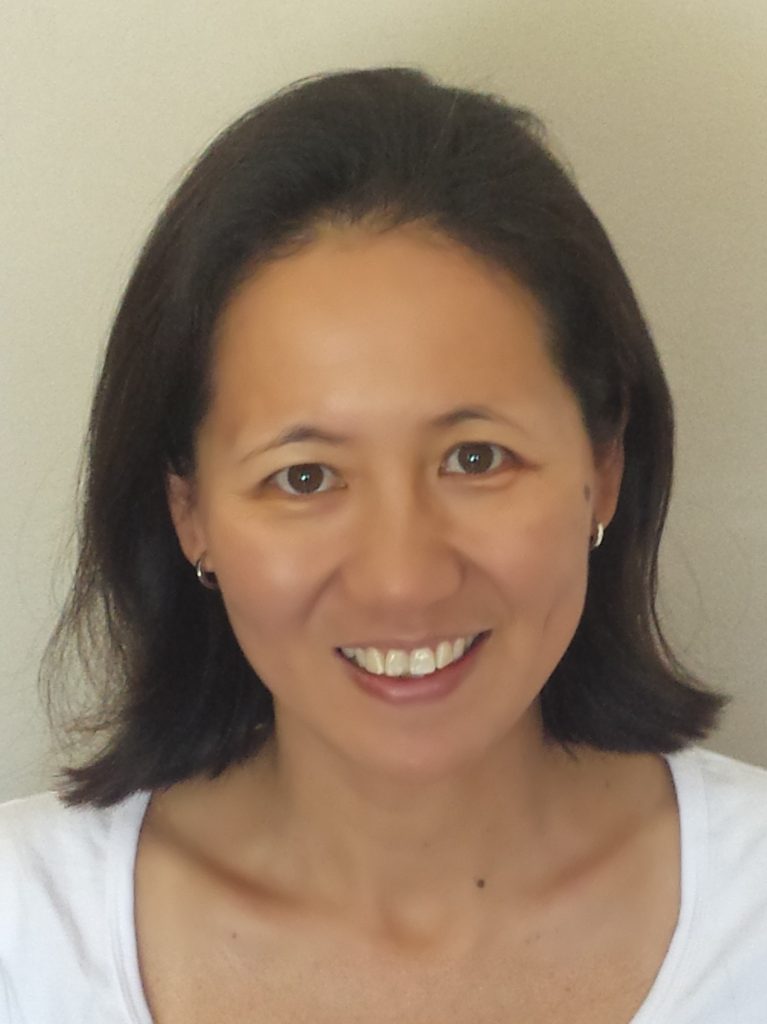
Roberta Kwan is an Honorary Postdoctoral Fellow in the Department of Media, Communication, Creative Arts, Language, and Literature at Macquarie University, Sydney and an Honorary Associate in the Medieval and Early Modern Centre at The University of Sydney. Her research centres on the intersections between early modern literature (especially Shakespeare), theology, philosophy, and theatre. She has taught literary studies at several universities in Sydney.


